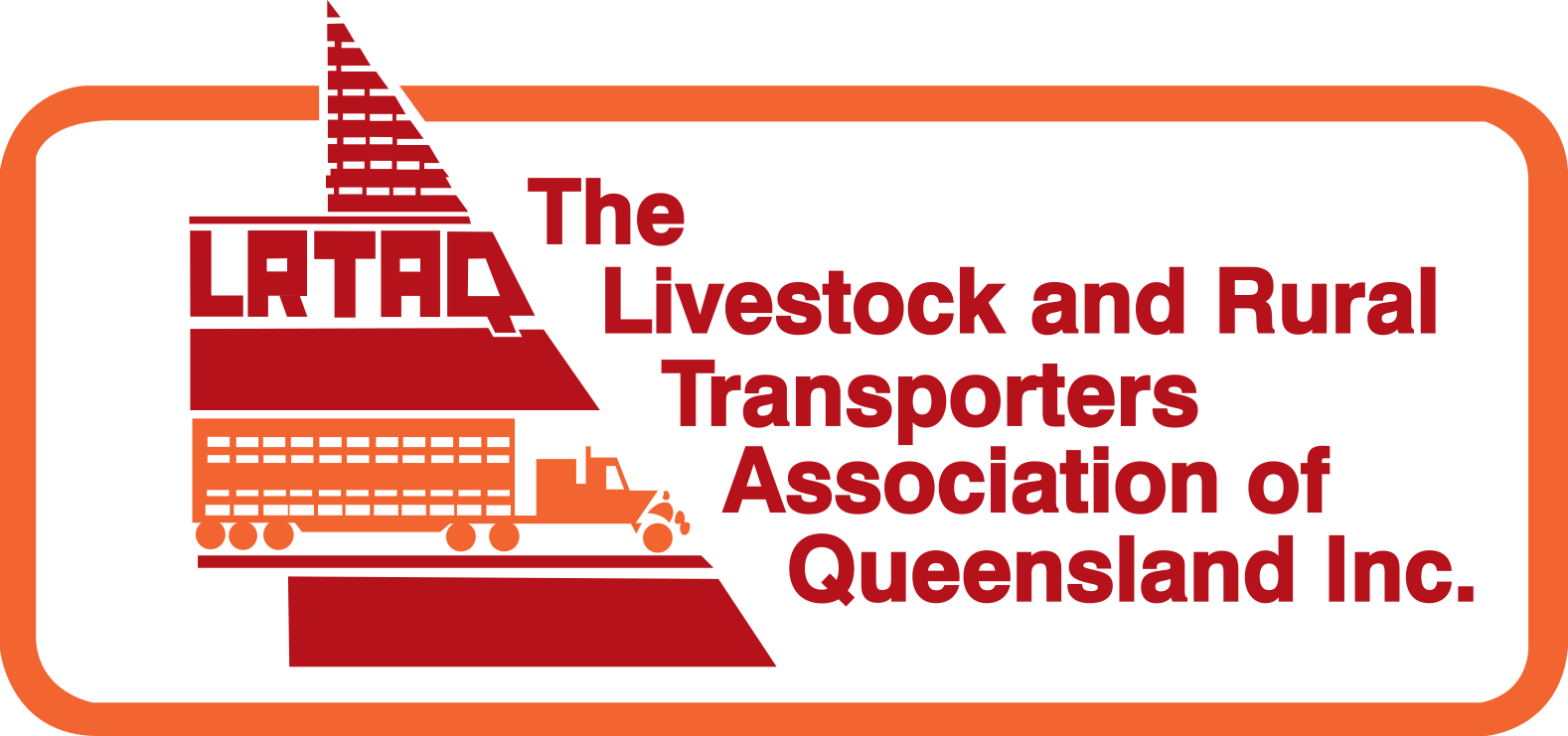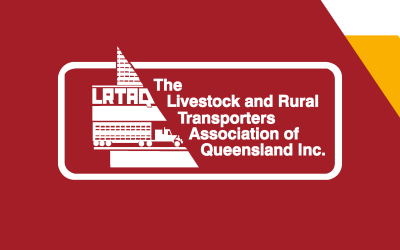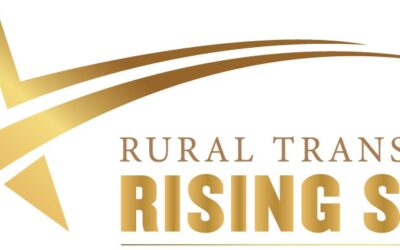Over 40 representatives from across the cattle supply chain came together last week in Roma at a workshop to promote safer work practices, better animal welfare and eating quality outcomes.
The Livestock and Rural Transporters Association of Queensland (LRTAQ) held two Livestock Transport Workshops bringing together livestock transport operators, saleyards staff, livestock agents and feedlotters. The workshops were facilitated by renowned livestock handling consultant Tom Shephard and livestock manager Rick Young.Mr Young, who has been responsible for the handling over one million cattle over his career, said the goal of the day was to improve the awareness of the effects of the handling of cattle on health and performance.
“What you do in transit or at the saleyard has a significant effect on the animals long after the journey. The effects of your handling don’t stop when you shut the gate or drive away,” Mr Young said.
“There are major commercial consequences of poor handling such as foot abscesses, non-eaters, injury and stress induced respiratory disease, all of which impact on animal welfare meat quality and yield.”
“These workshops raise awareness about these compounding effects and give participants an opportunity to learn best practice techniques by working cattle in the yards with Tom Shephard.”
Athol Carter, Central Queensland Manager for Frasers Livestock Transport and driving force behind the industry backed training program, said he was pleased with the success of the workshops and commended the LRTAQ for taking a proactive approach.
“There are very unique safety considerations for working as a livestock transport driver, and these workshops have been designed by industry for industry,”
“It doesn’t matter if you’ve been around livestock for ten minutes or ten years, the workshop content has been designed with both industry newcomers and seasoned operators in mind,”
“Even if you take one thing away from the workshop that allows you to do your job safer and more efficiently it’s been worth it. There’s no point waiting for somebody to get hurt its about getting out in front and doing something now before the worst case happens.”
Mr Carter said feedback to date has been sensational and that there is genuine interest for this to continue.
“These workshops are getting better each and every time we deliver them. We’ve applied for funding through the federal government, and if successful I hope to see these days rolled out across the state and beyond.”
Allen Smythe, Elders Safety and Risk Business Partner Queensland Northern Territory explained that on average 75% of their livestock related incidents are in the saleyard environment.
“We’ve made a commitment for every one of our livestock agents to attend workshops like today. For some of our agents it will be a reinforcement of what they do, and for others it is an upskilling process,” Mr Smythe said.
“Elders had made the decision to be proactive about the health and welfare of our agents and the cattle we handle,”
“At the end of the day if we can bring our staff home in the same condition in which they went to work, and we can deliver cattle from paddock to customer in good condition, then the workshops will have achieved their purpose.”
Participants in the workshop heard from Meat & Livestock Australia’s Laura Garland on the Meat Standards Australia Program. The State Minister for Transport and Main Road Mark Bailey MP also addressed the workshop, acknowledging the economic powerhouse that is the Queensland cattle industry and outlining the Queensland Government’s commitment to improving the regional road network.
The workshops were delivered by the Livestock and Rural Transporters Association of Queensland, in partnership with Elders, Meat & Livestock Australia and the Maranoa Regional Council.


